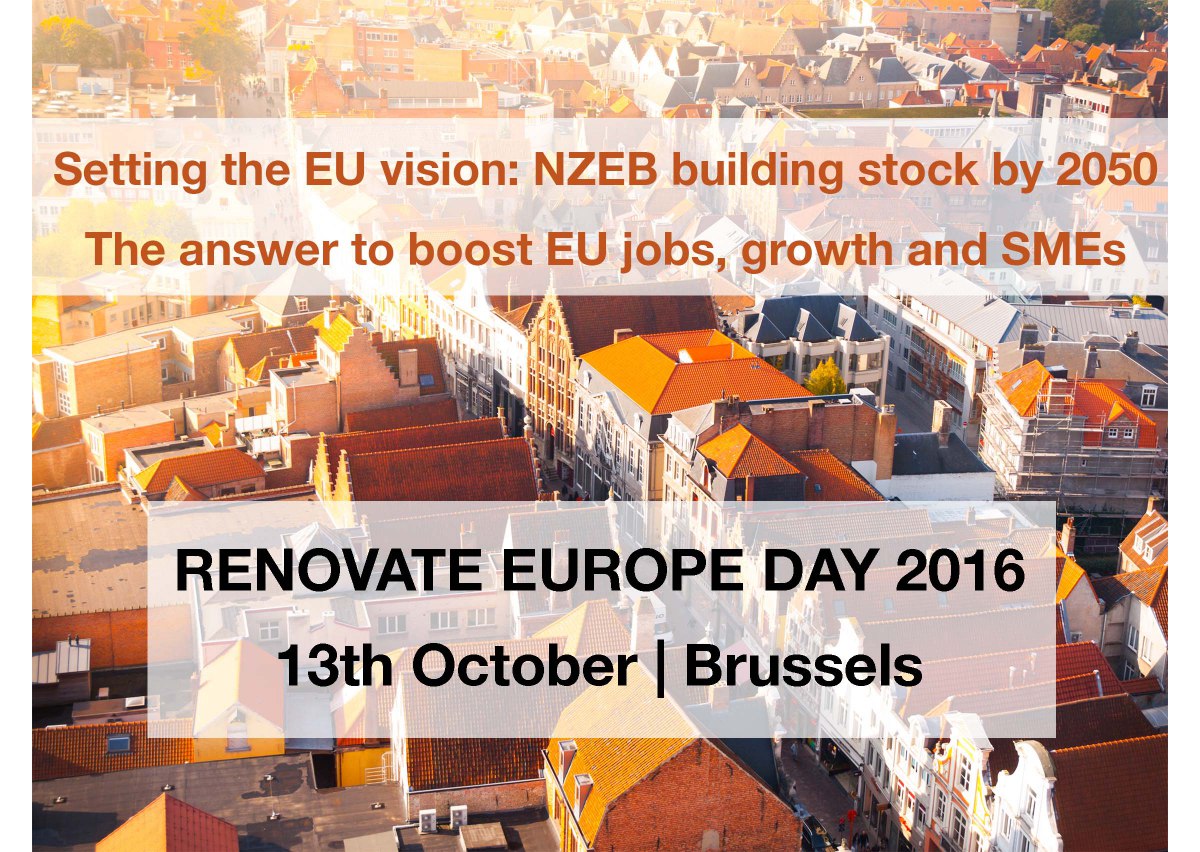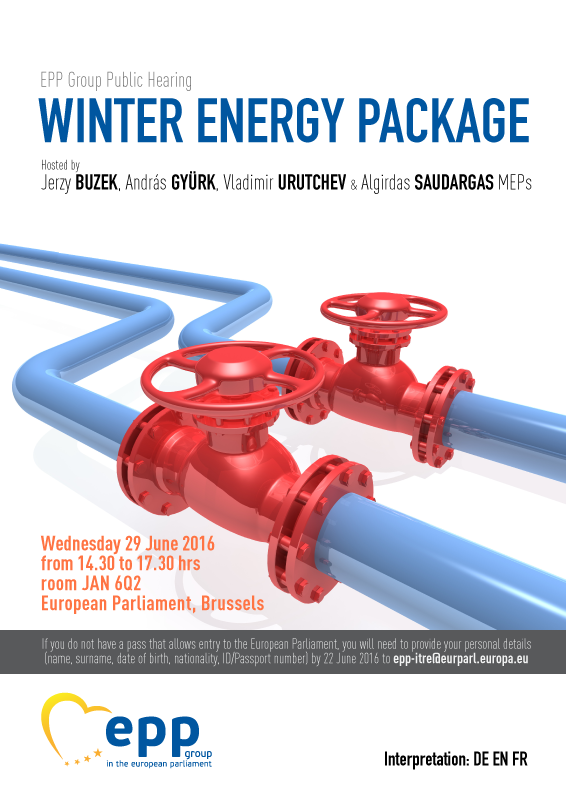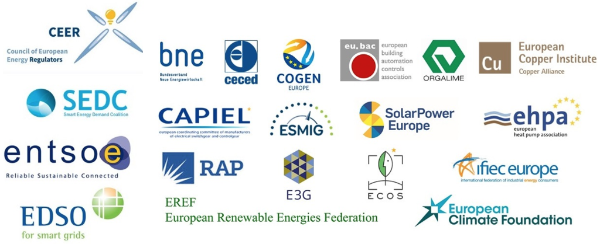The 4evergreen alliance is glad to welcome you to its 6th Annual Conference “Perfecting Circularity Together: The 4evergreen Technical Toolbox for Fibre-Based Packaging” on November 19th, 2025, at Sparks, Brussels and online.

Policy Forum: European energy and industrial policy realigned. What job for public authorities?
Date
Section
Event Location
Event Description
The Institute for European Studies at the Vrije Universiteit Brussel kindly invites you to a policy forum on 27 February 2014, 12:00-14:00h for the Policy Forum "European energy and industrial policy realigned. What job for public authorities?".
In its latest Communication on energy prices the European Commission describes an unfavourable development of energy prices in the EU that threatens the competitiveness of energy intensive industry. According to this assessment, the increasing energy price gap between the EU and other regions is one of the main impediments for a renaissance of Europe’s industry; weaknesses in the Internal Energy Market and Member States’ policies on network costs and taxes/levies are pointed out as responsible factors.
EU energy policy has not entirely succeeded in securing competitiveness of energy intensive industries. The Commission therefore sees the need to readjust European industrial and energy policy. Industry and energy evolved from merely developed European policies to a double pillar of the EU, fused together in an eco-innovation strategy that pursues sustainability as its guiding principle. This strategy may provide Europe’s economy with a good starting position for global economic competition in the 21st century, yet some adjustments seem to be necessary in order to reduce inconsistencies. An understanding of energy policy as a prerequisite for successful industrial policy allows us to assess the measures needed to increase the competitiveness of Europe’s economy.
Moreover, this approach clarifies the relevance and the means of public intervention in the European energy market. In view of the latest Commission assessment on energy prices, the following question arises: what could be done in order to realign the two policies in a manner that suits energy intensive sectors? Moreover, in view of the 2030 goals for a competitive, secure and low carbon economy, it should be discussed how such an agenda could go together with European climate and energy ambitions.
This IES Policy Forum therefore debates European energy policy as a means of industrial policy, and ask how it could be adjusted in order to support energy intensive industries, without compromising the EU’s eco-innovation strategy. How can European industrial and energy policy be better co-ordinated? What options do public authorities have to ensure consistency between the two? What kind of public intervention in energy markets is necessary? Do national interventions pose a threat to the finalisation of the Internal Energy Market by 2014? What risks/chances does the new focus on industrial policy imply for the European low carbon agenda?
The lunch seminar will include the following speakers representing European energy intensive industries:
- Marzena Rogalska, Policy Analyst, European Commission, DG Industry, Head of Unit Sustainable Industrial Policy
- Gunnar S. Jungk, ThyssenKrupp AG, Chief Representative Office Brussels
- Giuseppe Lorubio, Eurelectric, Head of Unit Retail Customers
- Tomas Wyns, Institute for European Studies IES, Doctoral Researcher
Related Events
From bricks to bytes. How innovative technologies contribute to a sustainable construction industry.
You can already register HERE
On 17 April, the European Parliament formally endorsed updated rules to increase the energy efficiency of the European Union’s buildings. With these new rules coming into play, what is expected from the real estate sector? How will the EU incentivise and drive the rate of renovation?
2017 Annual Polis Conference
Languages: German, English, French, Spanish, Polish
































